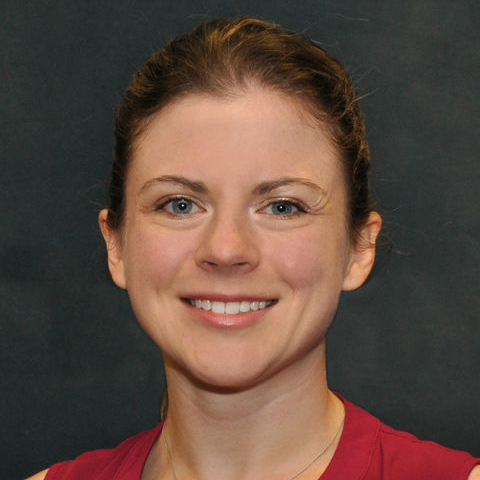Developmental and Deliberate: Using Multicultural Orientation to Train Graduate Students in Spiritual and Religious Competencies
Principal Investigator
Dr. Stephanie Winkeljohn Black
Pennsylvania State University Harrisburg
Abstract
The ‘Developmental and Deliberate’ study aims to test the effectiveness of a new training program that uses video vignettes of clients to increase graduate student clinicians’ spiritual and religious (S/R) competencies through the lens of multicultural orientation (MCO). This training focuses on clinicians’ development of S/R humility, S/R comfort, and S/R opportunities in the therapy room. This project is remarkable in that it tests training effectiveness using both clinician performance measures and client outcomes, which is rarely done. Moreover, the online, and eventually open-access, nature of the program and its materials means the program can be disseminated widely at no cost. The online training program walks clinician participants through video vignettes of clients describing their needs and difficulties and, at each step, asks the participants to sequentially develop their ability to identify, conceptualize, and intervene to the clients’ S/R identities and experiences as part of the psychotherapy journey. Participants will practice their responses by videorecording their response back to the client in the video vignette, and the program’s research team will follow up with personalized feedback to each participant. This process of feedback is known as deliberate practice and is an effective training paradigm that is a critical component of the program. The research team’s feedback will be framed within MCO, where clinicians will be encouraged to demonstrate S/R humility (an awareness of and openness toward client’s S/R experiences), S/R comfort (ease in discussing S/R topics), and S/R opportunities (ability to identify when the client’s S/R experiences should be explore further). To determine whether the program is effective, participants will be assigned to either the program condition or a control condition (no program). Both groups will complete pre- and post-test video vignette tasks and the research team will rate the participants’ S/R competency, defined as the extent to which the participants demonstrated S/R humility, comfort, and opportunities. To be eligible for the study, participants must be seeing adult clients; their clients’ reports about their psychotherapy progress will also be collected. Compared to the control condition, we expect to see participants in the program condition score higher on ratings of S/R competency and to see better client outcomes. Participants will be recruited from masters and doctoral programs in professional counseling, counseling and clinical psychology, and marriage and family programs across the U.S. All program material will be made available to the public upon study completion, alongside a guidebook for how to best engage the program materials. This project will advance S/R competencies training, and psychotherapy training in general, by allowing for real world analogue monitoring and feedback of clinician participants’ skill development and MCO.
Project Team
Dr. Stephanie Winkeljohn Black, PI
Consultants
Dr. Jesse Owen
Dr. Don Davis
Dr. Bruce Wampold
Dr. David H. Rosmarin
Dr. Anisah Bagasra
Dr. Matteo Bugatti, Research Team Member

